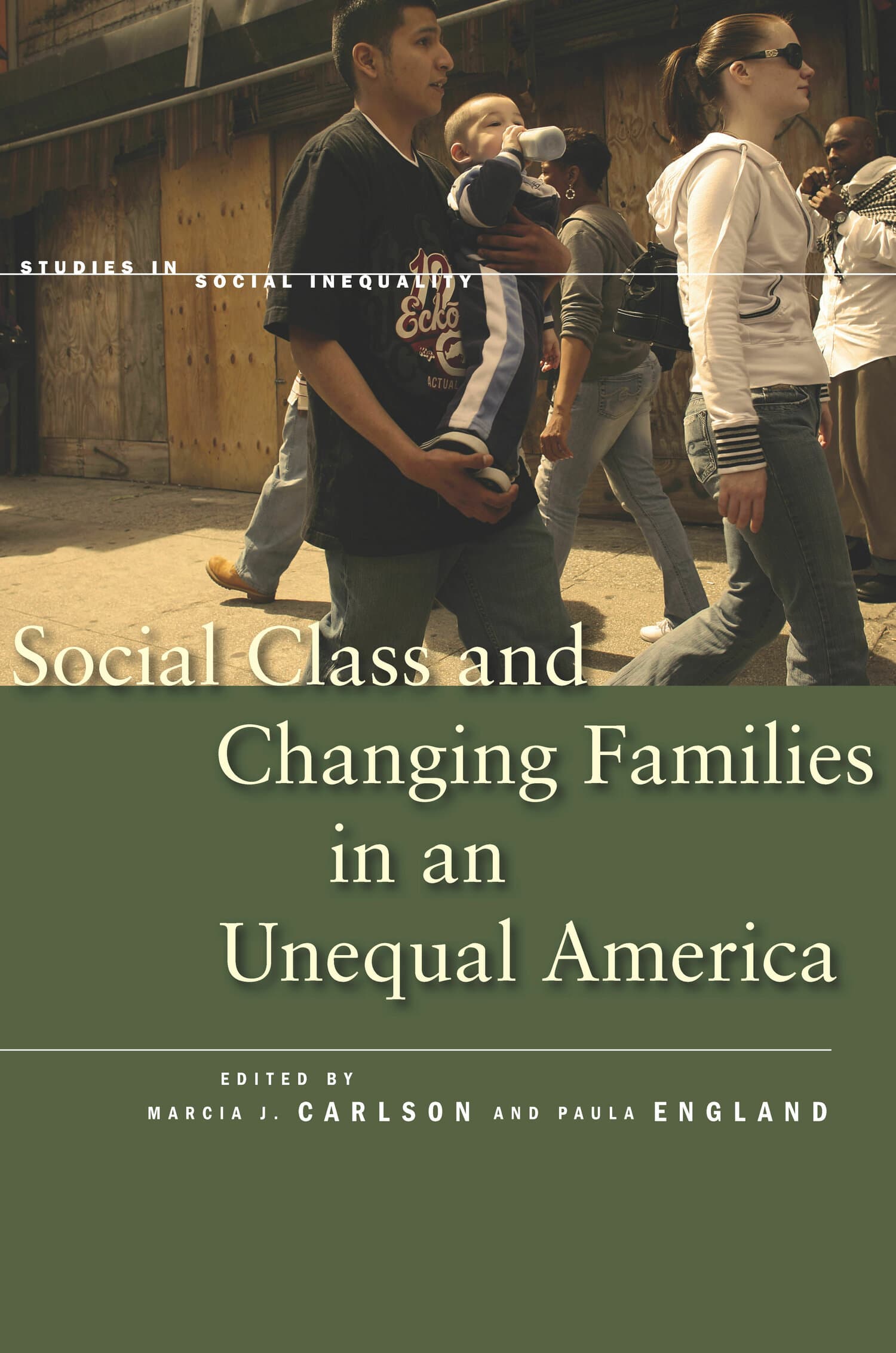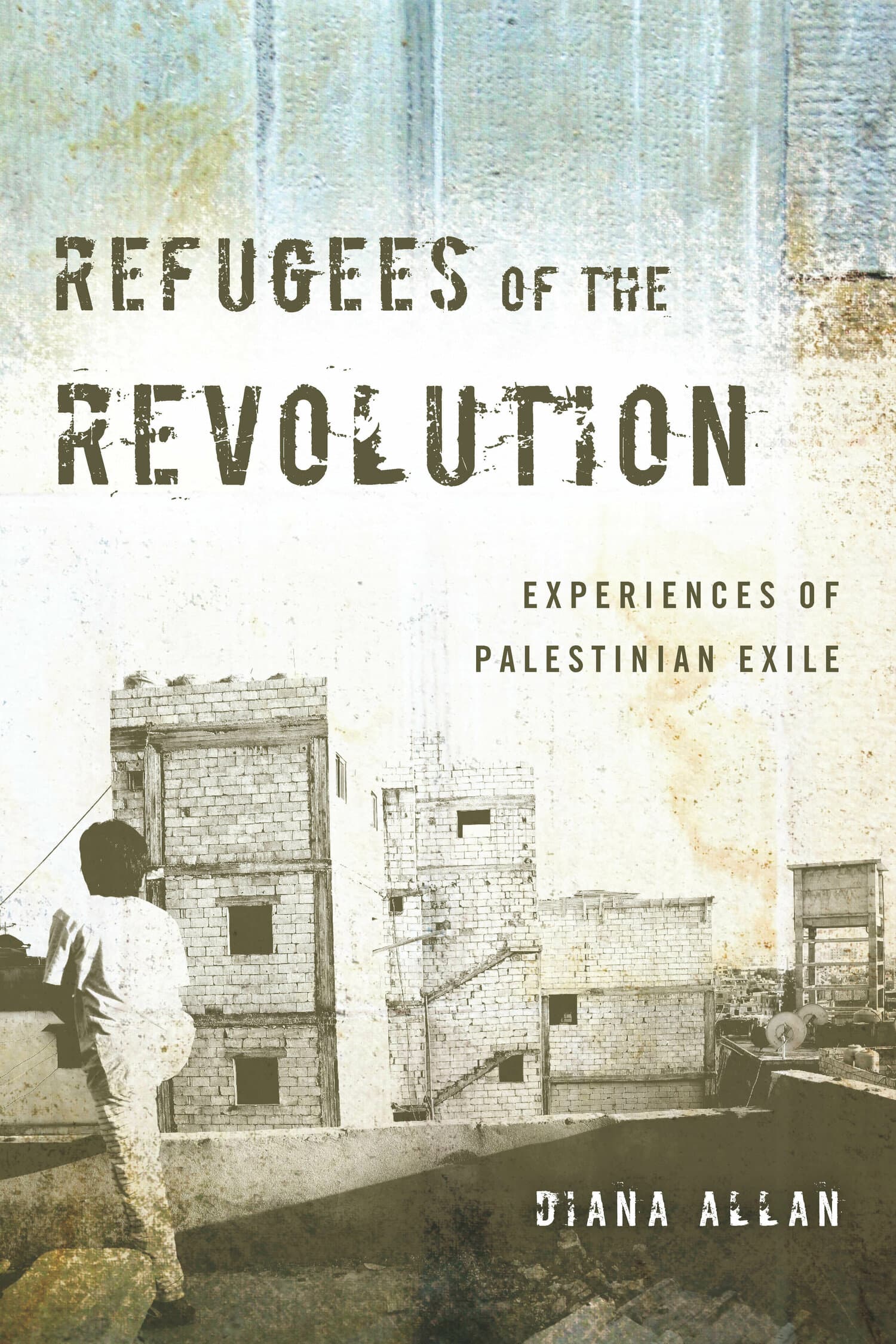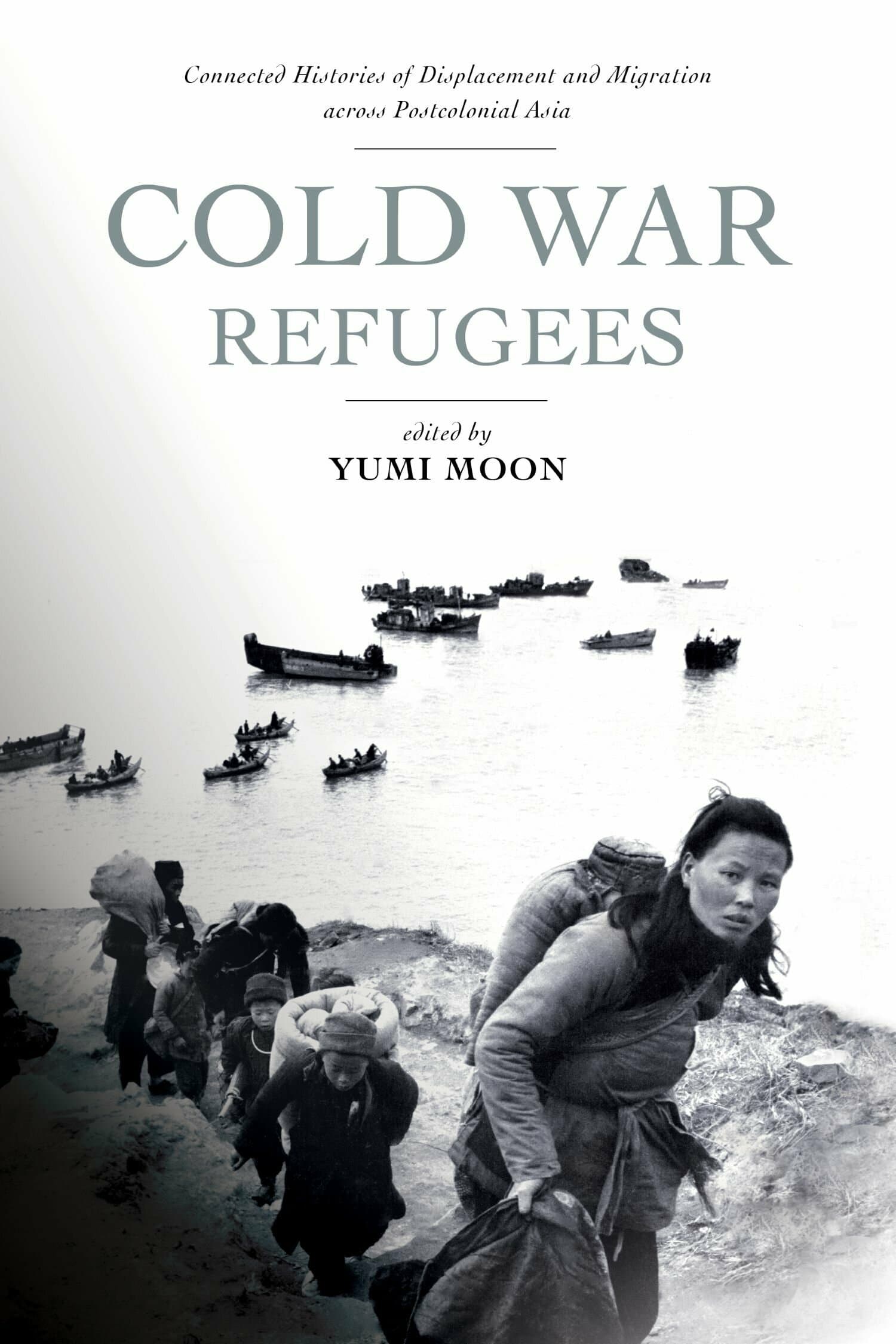Unsettled Families
Also Available from

Against the backdrop of the global refugee crisis, Unsettled Families investigates the parameters that Global North governments and international humanitarian organizations use to classify most displaced families—more than 99% globally—as ineligible for resettlement, and often as fraudulent. But "fraud" as a category is not as self-evident as it may first appear. Nor is "the family." Based on long-term fieldwork between Nairobi, Kenya and Columbus, Ohio, Sophia Balakian tells stories of Somali and Congolese refugees navigating a complicated global assemblage of humanitarian organizations, immigration bureaucracies, and national security agencies as they seek permanent, new homes. Viewing the concepts of "fraud" and "family" from different vantage points in this context, Balakian shows how the categories begin to blur out of focus, sometimes to evaporate altogether; what seems to be contained within them scatter outside their received boundaries. Practices that resettlement organizations deem fraudulent are often understood by people living as refugees to be moral actions in an unequal world. Such practices allow them to fulfill obligations to kin—kin defined expansively, in ways that at times exceed the boundaries of normative, US frameworks. Bringing questions of kinship into current discussions on humanitarianism, Balakian locates "the family" as a crucial category in processes of producing, policing, and contesting the boundaries of nation-states in the 21st century.
—Ilana Feldman, George Washington University
"Based on meticulous research, this book uses vivid vignettes and life histories to juxtapose the experiences and points of view of refugee resettlement organization (RRO) staff to those of Somali and Congolese (Banyamulenge) refugees. Centering 'the family' as a central object of concern to refugees and humanitarian actors alike, Balakian brings together new kinship studies with an analysis of RRO discourses and practices. It is an important and engaging book of broad appeal on one of the most pressing topics of our day."
—Pamela Feldman-Savelsberg, Carleton College
"A deeply insightful, nuanced ethnography that brings together two critically important debates: one about refugees, and the other about families. Both are sites of deeply contentious political and moral unrest in today's world, and this book skillfully explains why they must be understood in the same frame. In following the refugee resettlement program from Kenya to the US, by way of Somali and Congolese refugees, Balakian demonstrates how the borders of the nation-state are once again being remade by patrolling definitions of family; this time, however, it is done by way of DNA technology, which imposes a biogenetic notion of the nuclear family on refugees, ignoring the realities of war which can undo families and force them to be remade in new ways. In this sense, refugee resettlement can work to separate families rather than unite them. This is an essential read for those interested in justice for people on the move, offering unexpected insights about care, violence, and the work of science."
—Miriam Ticktin, CUNY Graduate Center




